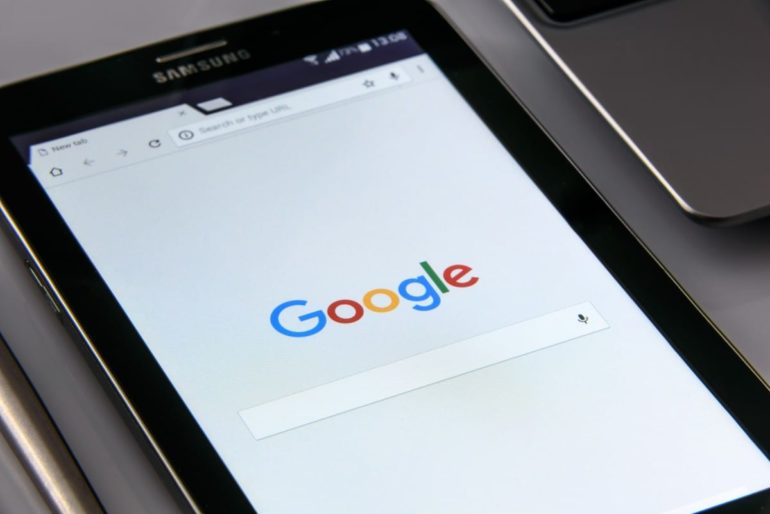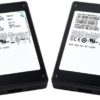Google rolled out a lite Gmail app and an improved Project Fi to keep you in touch wherever you are.
Planning your next trip is no cakewalk so Google wants you to have one less thing to worry about once you set foot on foreign soil. The tech giant is launching new services that will come in handy to anyone overcome by wanderlust.
Expanded Project Fi Coverage
You may recall Google launched a mobile virtual network operator (MVNO) service back in April of 2015. Named Project Fi, the cellular service provided international data coverage for Google users. Initially limited to Nexus 6 owners via invite-only, the service got rid of the limitation by end of 2015.
The search engine leader recently announced that Project Fi has expanded data coverage to 170 countries. That’s up from the 135 countries where the company has long offered its service. Coverage now includes destinations like Belize and Myanmar. To compare, T-Mobile’s unlimited international data for its post-paid plans covers 140+ countries.
Better Data Service
Project Fi still doesn’t charge you extra for data usage in other countries. Pay $10/GB no matter where you are, whether you’re in the US or overseas. Voice calls to the US from supported countries only cost $0.20/minute and SMS usage is unlimited.
If you’re not sure if the country you’re visiting is covered by Project Fi, Google will let you know.
Whenever your Gmail account has messages about upcoming international trips (perhaps from your chosen airline), it’ll automatically notify if your Fi app will work at the indicated destination.
Gmail on the Go
A slimmed down version of the Gmail app, Gmail Go, also recently launched. The newest addition to Google’s line of “Go” apps, Gmail Go is meant for low-end smartphones. Designed for devices with basic technical specifications, the app takes up less space while providing similar functionalities as its original counterpart.
The Gmail Go app uses less data than the standard version. It comes in handy in countries that don’t have access to fast internet speeds or those selling smartphones with lower memory.


